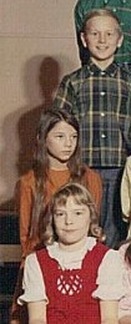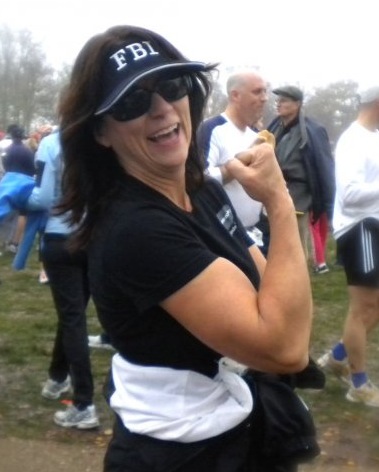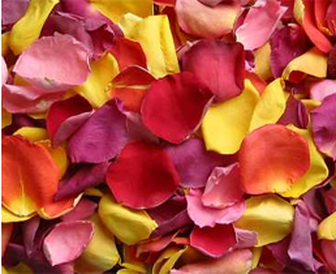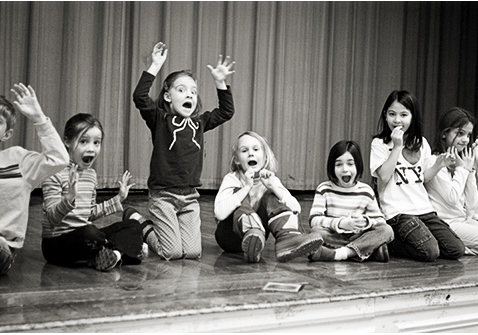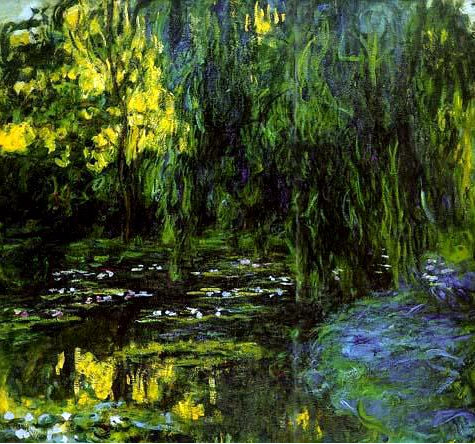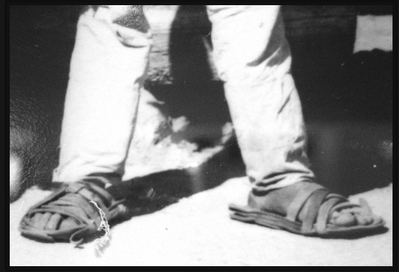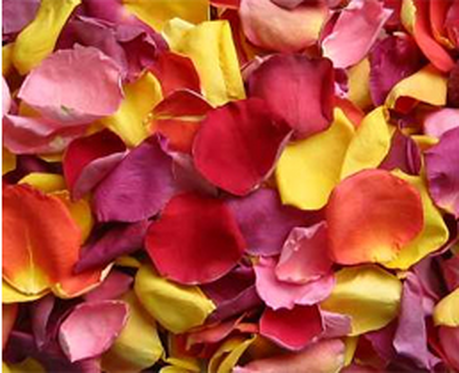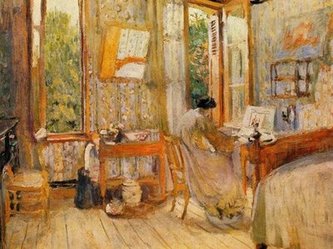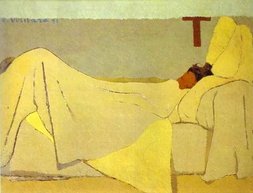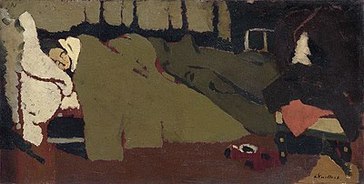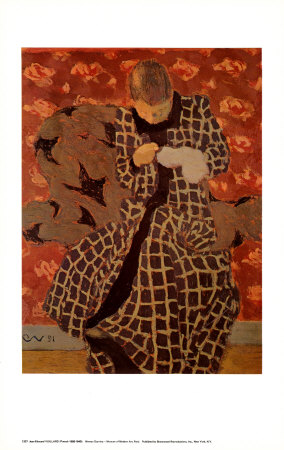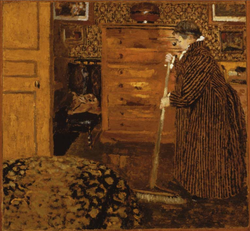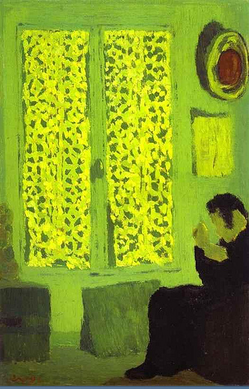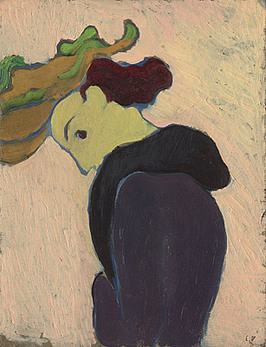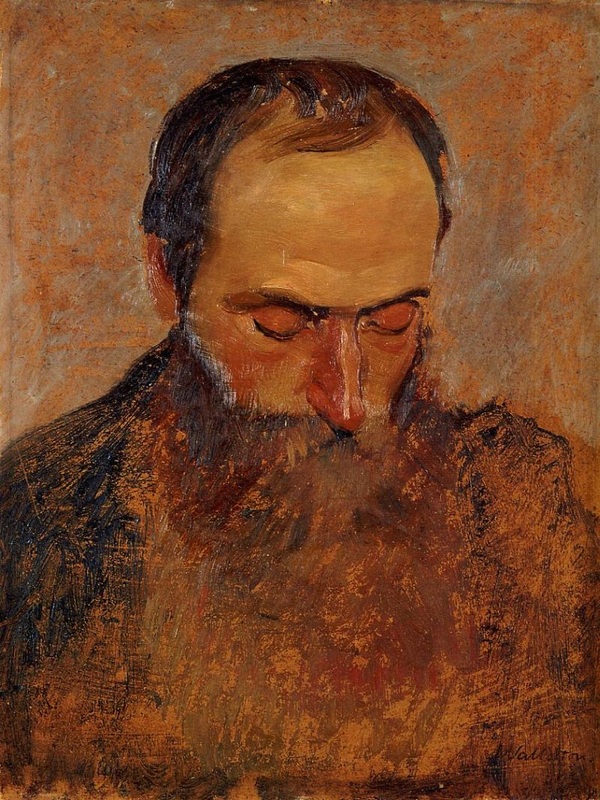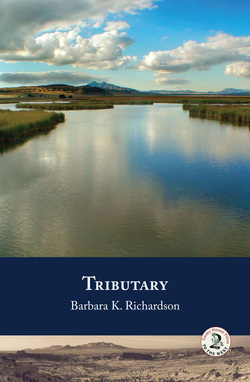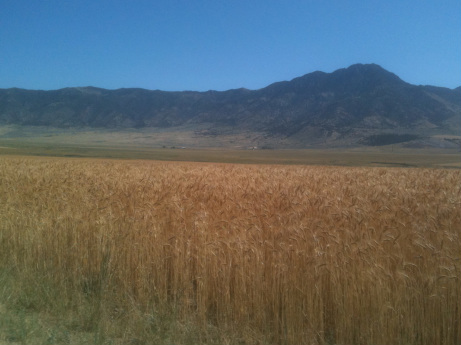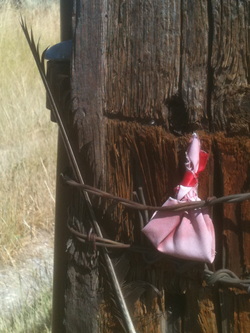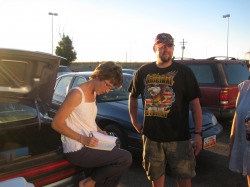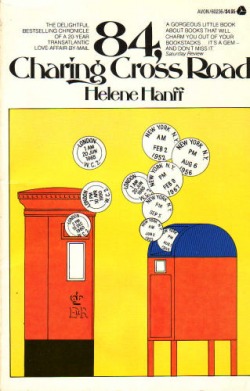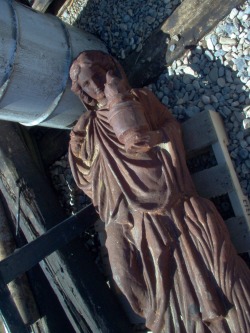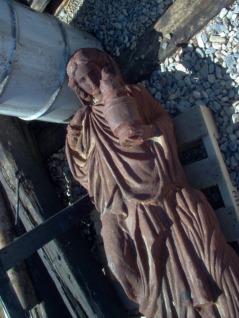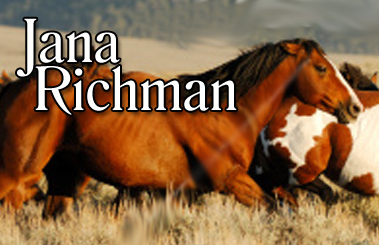Nestle into a cozy couch as author Barbara K. Richardson reveals the value of a flashlight and the passage of (decades of) time in writing a historical ancestral Western epic. Yes, it's a "Between the Covers" guest blog for Denver's Tattered Cover Bookstore.
At age 36, fresh out of graduate school with a bunch of dead poems and a despondent heart, I had a visitation. Clair and Ada, my two main characters, came riding out of the Void and descended together in a dream. They chatted and revealed themselves and their lives in early Utah, and took up nightly habitation.
These women had a mission. They wanted to be on the page. They knew a greenhorn novelist has a lot to unlearn. Namely, the literary control I’d spent my MFA years perfecting would make writing about my Mormon ancestors nearly as much fun as pushing wet concrete up a slide.
Perfectionism, polishing, cleverness, language for language’s sake, intelligence and the desire to be profound—all these went overboard in the first twelve years of writing my novel Tributary, which just hit bookstore shelves this September. I actually remember the pleasure of not remembering grammatical rules. Of not caring whether I came across as literary. Of cutting pretty writing to get to the goods. Of following a character’s heart which blazed out of the Void with its own sure track into little black marks that indicated its presence on a page where others could find it . . .
Read more by clicking here.
Thanks, Tattered Cover, for adoring books and helping authors do what they love most. Support your local bookstore, which supports the community and you!

